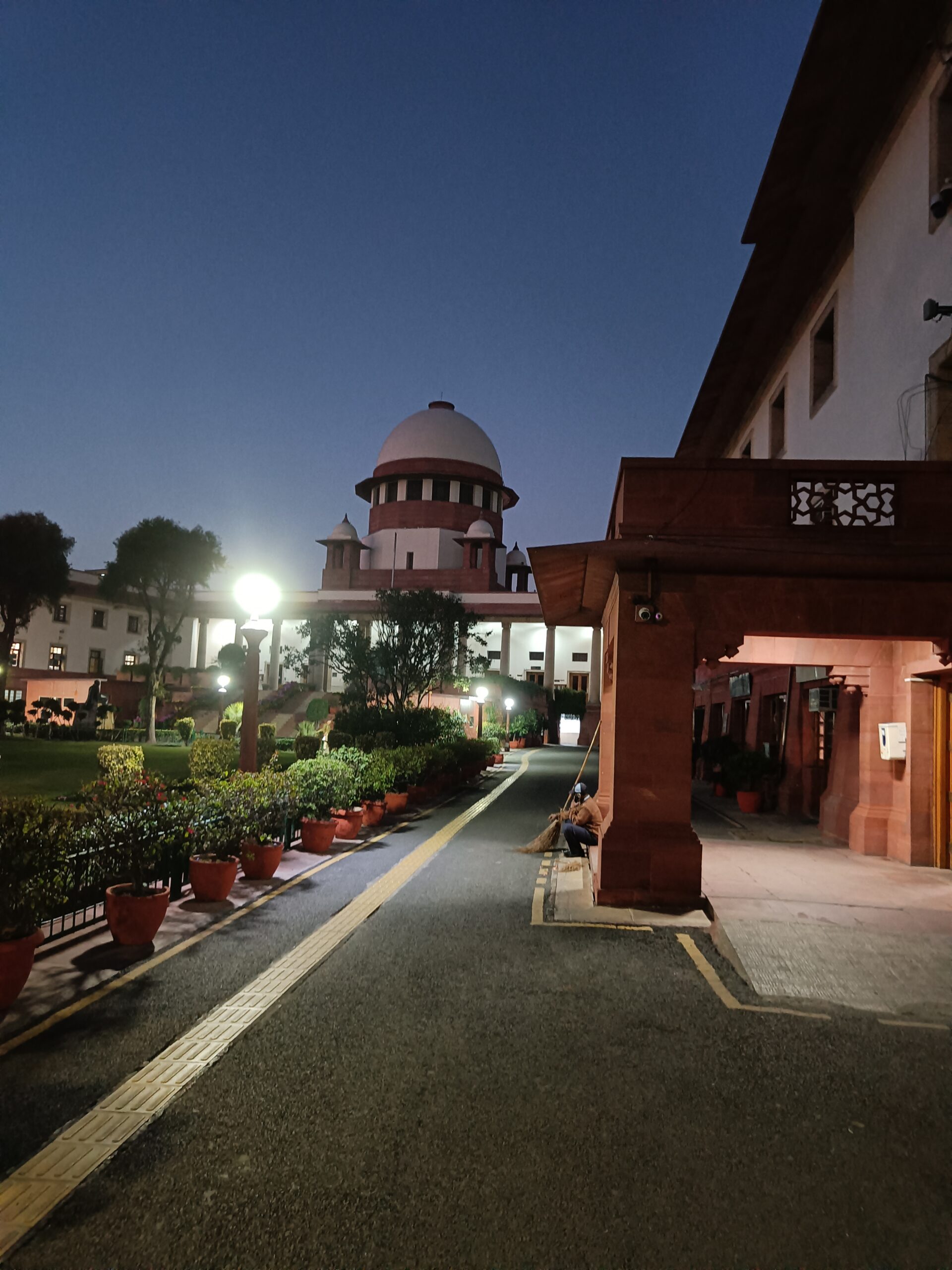The appeal concerns the interpretation of the term “governmental authority” in the context of a service tax exemption. The case involves IIT Patna and NIT Rourkela seeking exemption from service tax based on the definition of “governmental authority” in the Exemption Notification. The Patna High Court and Orissa High Court had allowed exemptions for certain services provided to these institutions, leading to the appeal.
The dispute revolves around the interpretation of clause 2(s) of the Exemption Notification, which defines “governmental authority.” The primary issue is whether the condition of “90% or more participation by way of equity or control by the Government” applies to both sub-clauses (i) and (ii) within this definition.
The appellant argues that this condition applies to both sub-clauses, while the Patna High Court and Orissa High Court had interpreted it differently, extending the exemption to the educational institutions.
The court upholds the decisions of the lower courts and concludes that the definition of “governmental authority” in clause 2(s) should be interpreted to include educational institutions like IIT Patna and NIT Rourkela without the need for the 90% participation condition. The word “or” between the sub-clauses indicates that they are separate and disjunctive, and the punctuation supports this interpretation.
The court highlights the importance of interpreting statutes according to their plain and unambiguous language and upholding interpretations that favor the taxpayer when there is ambiguity in exemption notifications.
As a result, the court dismisses the appeals and supports the exemption from service tax for the educational institutions in question.
COMMISSIONER, CUSTOMS CENTRAL EXCISE
AND SERVICE TAX, PATNA …APPELLANT
VS.
M/S SHAPOORJI PALLONJI
AND COMPANY PVT. LTD. & ORS. …RESPONDENTS decided by the Supreme Court of India on October 13,2023.

